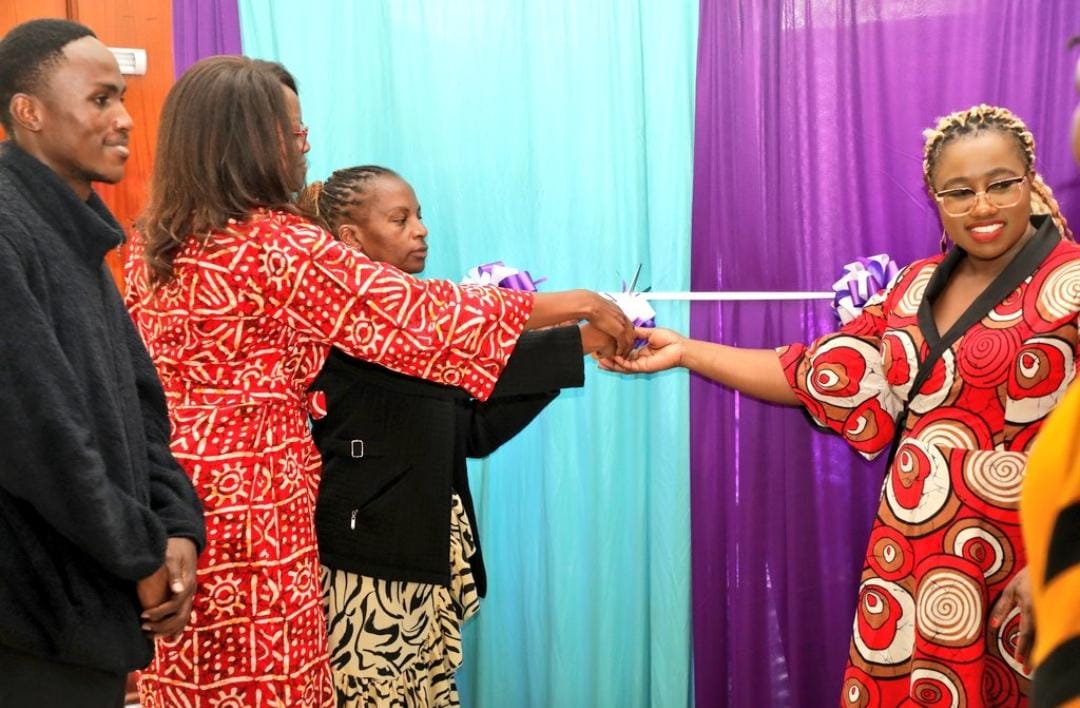
By Njeri Irungu
The Coalition Against Sexual Violence (CASV) has released a groundbreaking report highlighting the prevalence of Gender-Based Violence (GBV) in higher education institutions. The Assessment of the Prevalence of Gender-Based Violence in Higher Institutions of Learning Report, launched today at Amref International University, exposes shocking statistics on GBV in universities across Nairobi, Uasin Gishu, and Kakamega, sparking urgent calls for action.
According to the report, 50% of young women and 35% of young men in universities have experienced GBV, figures that align with the Kenya Demographic and Health Survey, which shows that 18% of GBV cases involve individuals aged 18 to 24—the predominant age group in higher education.
Speaking at the launch, Prof. Tammary Rotich, Deputy Vice Chancellor for Academic and Student Affairs at Amref International University, underscored the importance of addressing GBV at the university level. She emphasized the need to establish systems and structures that foster a safe campus environment, including robust reporting mechanisms and comprehensive support for survivors. She further noted that psychological safety measures and anonymous reporting platforms are crucial in encouraging victims to come forward without fear of victim-blaming or re-traumatization.
The report also sheds light on the increasing prevalence of technology-facilitated GBV, including cyberbullying and online stalking. Roselyn Mukabana, Head of the Gender-Based Violence Program at the Nairobi City County Government, highlighted the challenges in addressing these emerging threats, noting that social media has become a new frontier for GBV. She pointed out that legal and policy gaps, including restrictions under the Data Protection Act, make it difficult to report and gather evidence in such cases.
The Nairobi County Government has implemented several initiatives to combat GBV, including the establishment of 50 GBV-integrated health facilities, known as Tumaini Clinics, and a network of GBV focal persons across all 17 sub-counties. The county has also collaborated with religious leaders to ensure standardized messaging on GBV across faith-based organizations.
Despite these efforts, Mukabana noted that budgetary constraints remain a major challenge, with only five million shillings allocated to GBV programs. She called for increased funding and stronger partnerships to enhance support for survivors, especially in severe cases.
The report calls for comprehensive policies, stronger grievance mechanisms, and enhanced psychological safety measures within universities to effectively tackle GBV. Amref International University has already implemented policies on safeguarding, diversity, equity, and inclusion, reinforcing its commitment to addressing GBV within its institution.
The launch of this report marks a critical step toward creating safer and more inclusive learning environments. Stakeholders, including universities, government agencies, and civil society organizations, are now urged to act swiftly to implement these recommendations and protect the future of Kenya’s youth.







